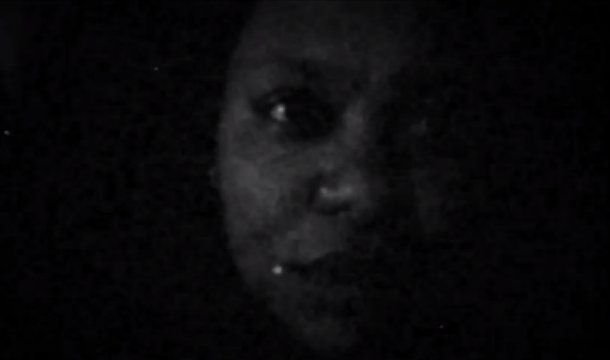Meshell Ndegeocello’s tribute to Nina Simone, “Black Is The Color Of My True Love’s Hair,” is a powerful and soulful track that honors one of the most iconic female vocalists in history. This song provides an intimate glimpse into the unique musicality and passion of both artists that are sure to captivate music lovers everywhere.
Nina Simone was well-known for her unparalleled talent as a vocalist, but also her fearless activism throughout the Civil Rights Movement. Meshell Ndegeocello brings this same spirit of courage and strength to the forefront with her rendition of “Black Is The Color Of My True Love’s Hair.” Through this piece, she pays homage to Simone while continuing to expand on her legacy by embracing themes of love, loyalty, and resilience.
This article will explore how Meshell Ndegeocello crafted an original interpretation of “Black Is The Color Of My True Love’s Hair” in order to honor the life and career of Nina Simone. We’ll discuss how it pays respects to its source material while maintaining its own distinct style and soundscape, making it a must-listen for all fans of classic soul music.
Background Of Meshell Ndegeocello
Meshell Ndegeocello is a singer-songwriter who’s been making music since the early 1990s. She was born in Berlin, Germany to an American military father and Panamanian mother. Her formative years were spent living all around the world before she finally settled down in Washington D.C.. It was there that her musical career began taking shape as she started honing her skills with bass guitar, drums, keyboards, and singing.
Throughout her career, Meshell has blended genres like soul, funk, jazz, hip hop, reggae and rock into one unique sound. This genre-bending approach has earned her critical acclaim from critics and fans alike for over two decades now. Aside from producing albums of original material under her own name, she’s also collaborated on several projects with other artists such as John Mellencamp and The Rolling Stones.
In May 2020, Meshell released “Black Is the Color of My True Love’s Hair” – a tribute to legendary musician Nina Simone. As both a vocalist and bass player on this track, it’s clear how much admiration Meshell holds for Simone’s timeless artistry through her heartfelt interpretation of the classic song. With its dreamy production value and gorgeous harmonies provided by guest singers Oleta Adams & Toshi Reagon – Black Is the Color Of My True Love’s Hair stands out among some of Meshell’s most beautiful works yet.
Musical Rendering Of Nina Simone’s Classic Song
Meshell Ndegeocello’s rendition of Nina Simone’s “Black Is the Color Of My True Love’s Hair” captures the same ethereal beauty that made Simone’s original so iconic. From the opening bars, Meshell infuses a gentle soulfulness into her performance with her warm vocal and dexterous bass playing. The delicate electric piano chords add an extra layer of depth to the arrangement, while subtle percussion keeps it all in motion.
The chorus is especially stunning; Oleta Adams and Toshi Reagon join forces for a powerful three-part harmony that brings goosebumps every time they sing it together. Lyrically, each line conveys pure emotion as the songwriters explore themes of love, loyalty and longing throughout. It’s clear how much respect Meshell has for Simone’s work – she doesn’t try to change or improve upon it but instead opts to honor its timelessness by faithfully recreating it in her own style.
It’s no wonder why “Black Is the Color Of My True Love’s Hair” continues to be such a beloved classic; not only does this moving tribute pay homage to its creator but also serves as a reminder of just how powerful music can be when done right.
Conclusion
In conclusion, Meshell Ndegeocello’s tribute to Nina Simone is a soulful and heartfelt rendition of the classic song “Black Is The Color Of My True Love’s Hair.” Her thoughtful approach to this timeless piece shows her reverence for Nina Simone and demonstrates her own musical prowess. As an artist, she has transformed the original into something new while still staying true to its authentic roots.
I am personally moved by the way in which Ms. Ndegeocello interprets this beloved song with such emotion and respect for its history. While her interpretation certainly pays homage to the original recording, it also stands alone as its own unique work of art that will be cherished for years to come. It goes beyond a mere cover or tribute—it is a powerful example of how music can bring us together through shared experiences of joy and sorrow alike.
Meshell Ndegeocello’s version of “Black Is The Color Of My True Love’s Hair” is truly remarkable and serves as testament to both her skills as an artist and those of Nina Simone before her. I hope that more artists continue to follow suit in honoring their predecessors in this manner so we may all experience these beautiful works of music again and again.








